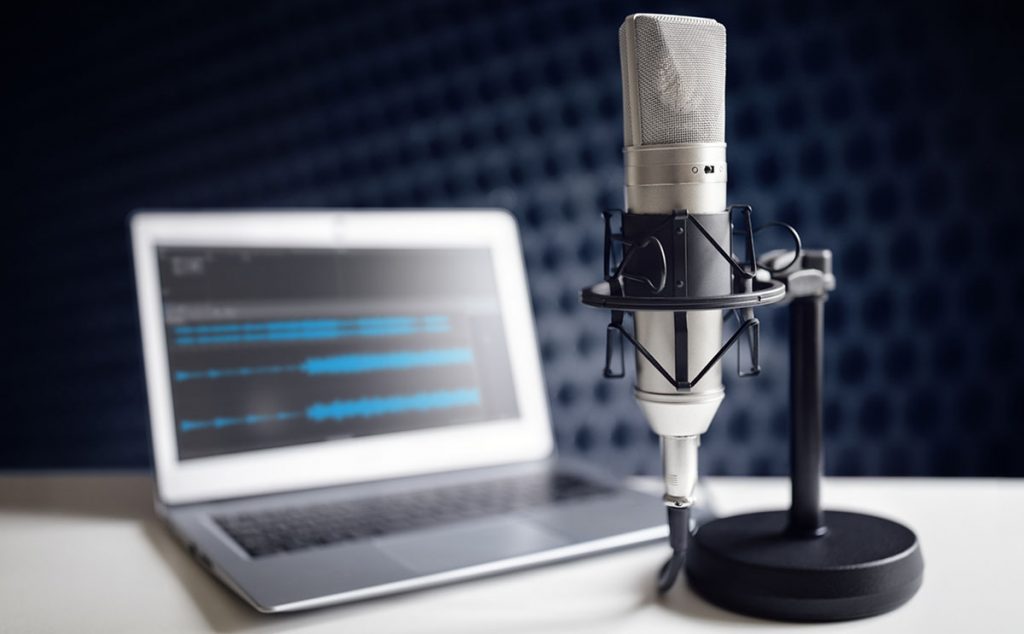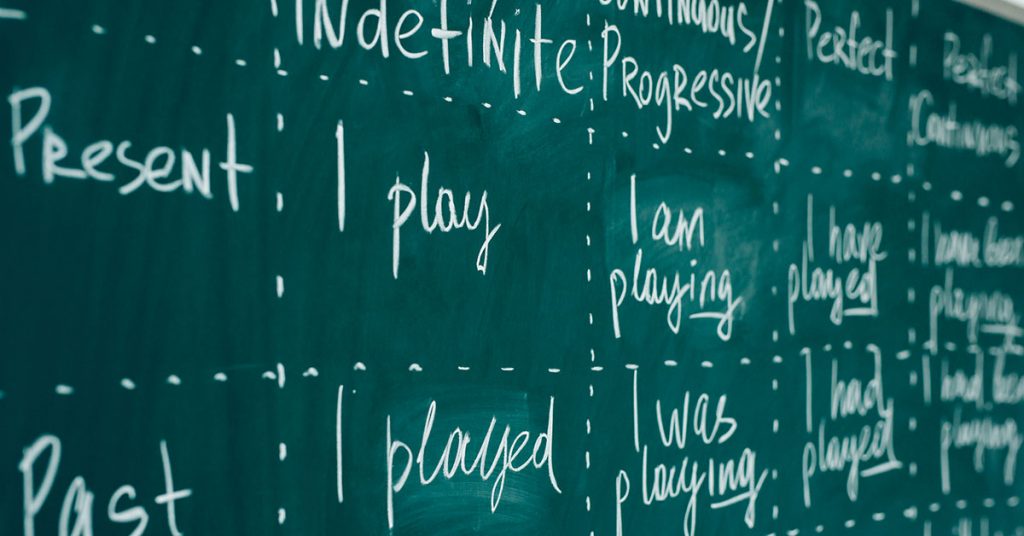At the moment I’m learning Portuguese, and I’m trying to defer learning grammar for as long as possible. I don’t have a problem with grammar, per se, but every language learner knows that it’s not the most interesting part of learning a new language. That got me thinking – is grammar important when you are learning a new language?
The official answer is that grammar plays a key role when you’re learning a new language. It’s fine to make grammatical mistakes as you start learning, but eventually grammar becomes essential for the development of your writing and speaking skills. Grammar is the structure at the heart of any language.

Grammar is important then, but it shouldn’t spoil the enjoyment of learning a new language. Unless you’re sitting at the back of a school classroom, then presumably you are learning a language because you want to. True, those reasons may be business or work-related, but that doesn’t change the fact that language-learning should be fun.
Above all, I’m not particularly worried about my lack of focus on grammar. In fact, I’m confident that not dwelling on grammar will actually help me engage better with Portuguese. And I think this is something that applies when learning any new language.
Enjoy Your Language Learning, and Doubts About Grammar Will Disappear
When I was learning French a few years back, I was hyper-focused on mastering the declension tables at one point. It was stressing me out, and once I relaxed and decided not to master them, I actually enjoyed learning the language more – and I was also able to learn it better and faster.
The more you enjoy learning a language, the more you will actually read, listen, speak and – ultimately – engage with it. In turn, all those doubts you had over the grammar will disappear. If it happened to me then it can happen to you. Based on that, grammar might not be considered as important when learning a language.
Online Language Learning Resources
One way to do this is by listening to podcasts. In a week I would say that I probably blast through around ten hours each week. Podcasts are fun, engaging, and they can help you make the jump from beginner to master. They’re also interactive and actually quite addictive.
There are, indeed, a variety of podcasts out there that are perfect for language learners. The hosts and guests will chat away in a foreign language, but they’ll also talk in English, too. Often they run useful blog sites as well. These are great ways to learn their language better. They also provide useful insights into their cultures.

Alternatively, there are quite a few podcasts out there that focus less on specific languages, and more on language learning in general. They interview people with particularly interesting language learning stories, for example. My favourite right now is the Actual Fluency Podcast.
Netflix is another resource that is out there if you want to learn a foreign language. They have recently developed an extension in Chrome, called Language Learning with Netflix, that enables you to learn a foreign language while watching your favourite TV shows. The extension allows you to display subtitles in two different languages next to each other on the screen. This takes advantage of the service’s multilingual back catalogue to learn one of at least two dozen languages. Finally, don’t forget that reading is a great way to learn a foreign language. Almost every newspaper and magazine in the world is now available online. This means there is an unparalleled choice when it comes to reading foreign language publications.
A New Way to Learn Language – Without the Grammar?
Personally, I think the plethora of online resources has led us to discover a new way to learn languages. It has changed the way we approach learning, making it much easier to learn a language from home, for example. We get a chance to watch foreign videos on YouTube, and listen to those podcasts that I mentioned. There are plenty of foreign newspapers available online, and you download foreign books on Amazon. We learn languages without putting pressure on ourselves to be perfect. Of course, if you want your language to be polished to perfection – that’s up to you. But I know plenty of people who are fluent in English but who aren’t grammatically correct.

I have worked with a number of colleagues over the years who do not speak English as a first language. Their English is good. They can express himself and explain concepts with ease. They are good at listening as well. On the communication front, there’s no problem. Overall, they interact in English with confidence. Admittedly they would not be able to sit down and start writing out the works of Charles Dickens (which native English speaker would even be able to do that?), but they get by without any problems.
Ultimately, then, the way I feel about grammar is that – firstly – we should learn a few languages. One isn’t enough. The more languages we learn, the better we will be at all of them. But if that’s our aim, we’ll need to stop aiming for perfection all the time. It’s an ill-judged obsession.
Grammar is Overrated
You might argue that this advice is misguided if – for example – you’ll be communicating on a professional level in, say, English. Maybe you have clients you need to get ideas across to. From my own personal experience, though, I can tell you that I’ve met many clients who speak English and make mistakes. It doesn’t matter – we still understand their meaning. As long as you retain the meaning of your words, you’re okay.
Moreover, grammar is something we can get better at over time. The more we read, listen and absorb, the better we will get naturally. It will just come to us.
On the flip side, obsessing over grammar prevents us from moving forward and expressing ourselves. We’ll become uncertain. We’ll stop mid-sentence and think it over. What you want is to bypass that and engage with people freely and confidently in a way that is undeniably you.
In summary, then, go easy with the grammar. Don’t push yourself or punish yourself. Don’t ignore it but let it come gradually over time. Check out some online guides to language learning. Make mistakes. Polish them later. If you have a view on this, then feel free to share it in the comments below!










